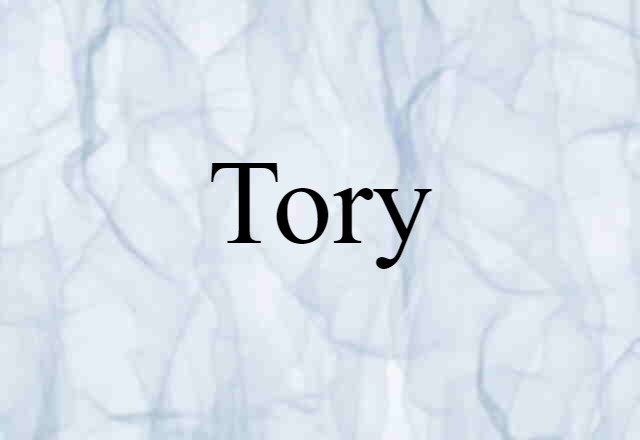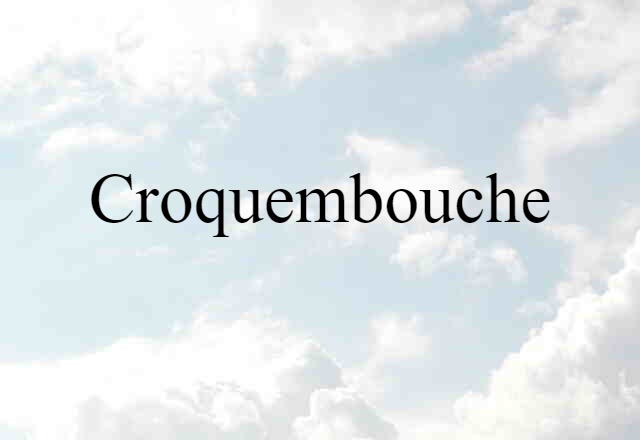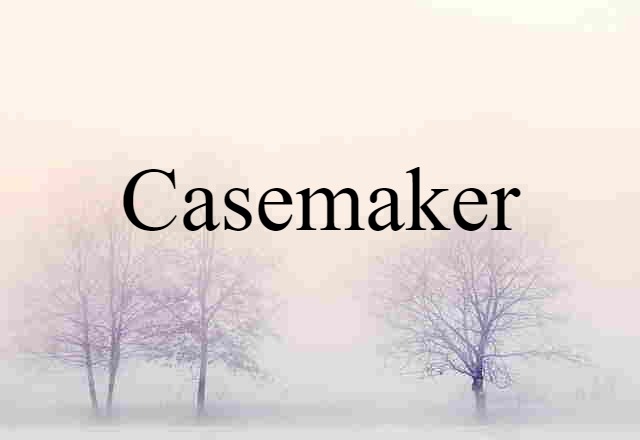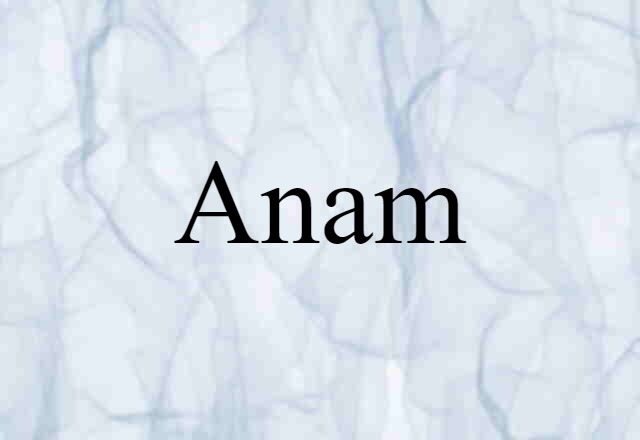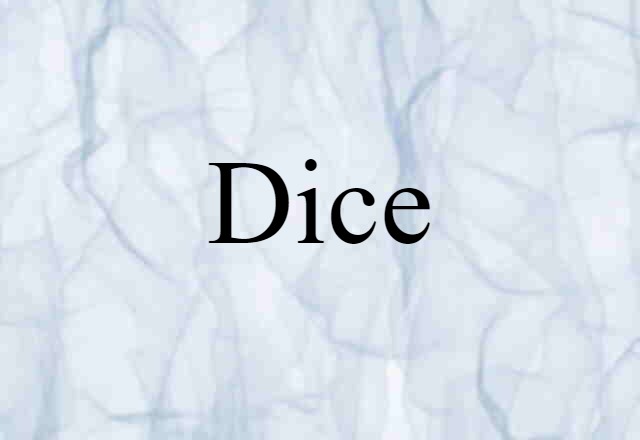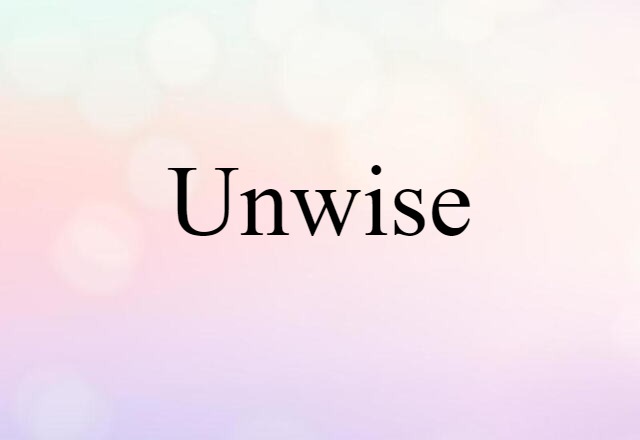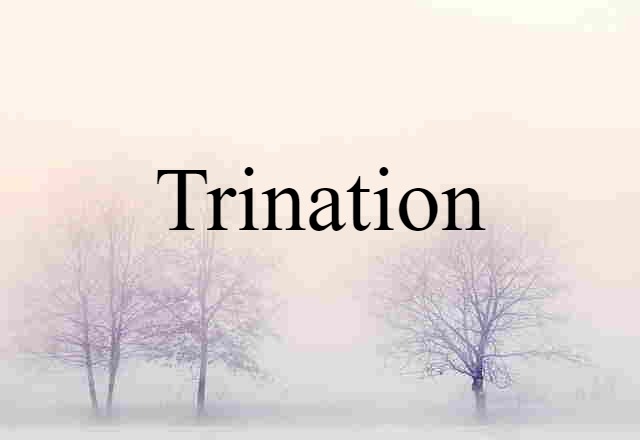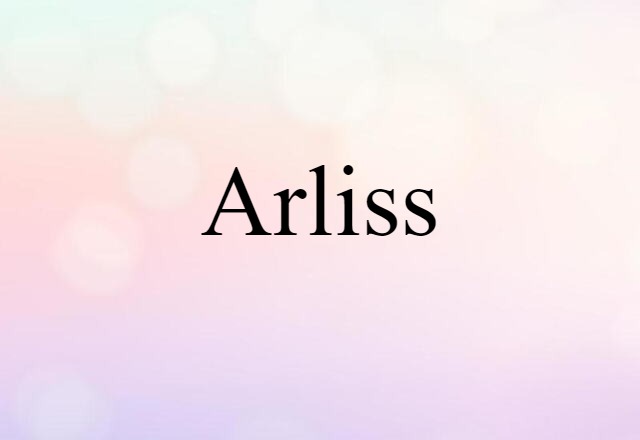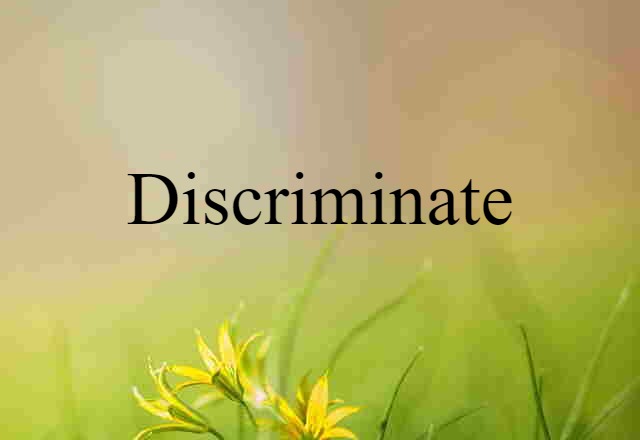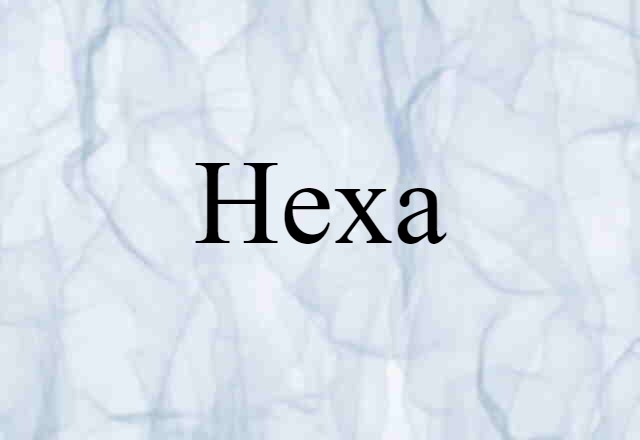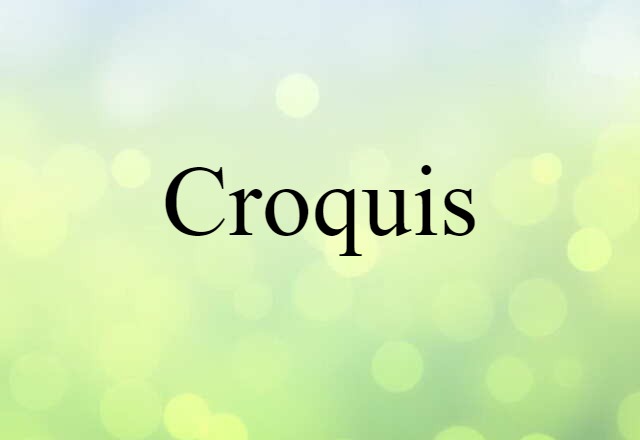- a member of the Conservative Party in Great Britain or Canada.
- a member of a political party in Great Britain from the late 17th century to about 1832 that favored royal authority over Parliament and the preservation of the existing social and political order: succeeded by the Conservative party.
- an advocate of conservative principles; one opposed to reform or radicalism.
- a person who supported the British cause in the American Revolution; a loyalist.
- (in the 17th century) a dispossessed Irishman who resorted to banditry, especially after the invasion of Oliver Cromwell and suppression of the royalist cause (1649–52).
- a male or female given name.
- of, belonging to, or characteristic of the Tories.
- being a Tory.
- opposed to reform or radicalism; conservative.
- a suffix occurring in loanwords from Latin, originally adjectival derivatives of agent nouns ending in -tor (predatory); also forming adjectival derivatives directly from verbs (obligatory; transitory).
- a suffix occurring in loanwords from Latin, usually derivatives from agent nouns ending in -tor or directly from verbs, denoting a place or object appropriate for the activity of the verb: dormitory; repository.
- a member or supporter of the Conservative Party in Great Britain or Canada
- a member of the English political party that opposed the exclusion of James, Duke of York from the royal succession (1679–80). Tory remained the label for subsequent major conservative interests until they gave birth to the Conservative Party in the 1830s
- an American supporter of the British cause; loyalist
- an ultraconservative or reactionary
- (in the 17th century) an Irish Roman Catholic, esp an outlaw who preyed upon English settlers
- of, characteristic of, or relating to Tories
- ultraconservative or reactionary
